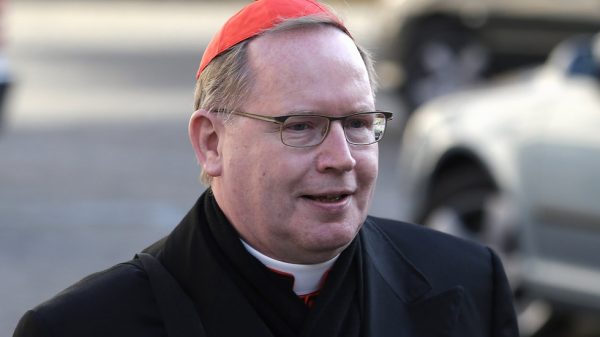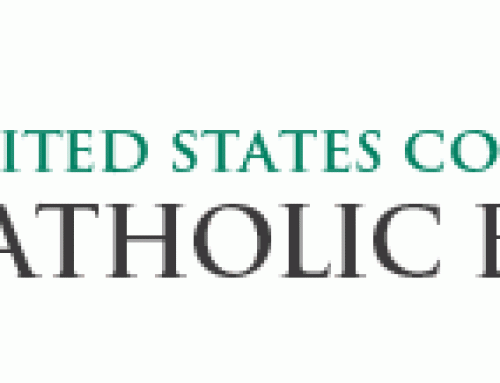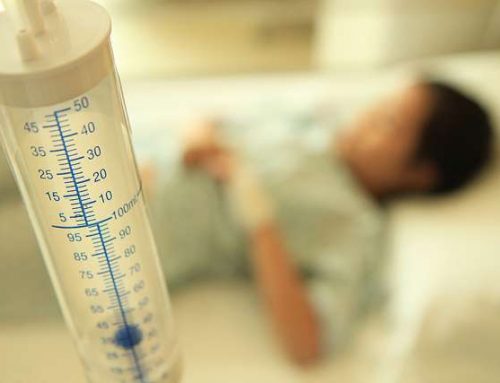“The protection of life to give way to autonomy?” Cardinal Eijk responds to the next slide down the euthanasia slope
It has made headlines abroad as well as in the Netherlands, and it seems that the general response is a negative, amongst people of faith and of no faith alike. I am talking about the proposal presented by members of the cabinet to allow people who feel that their life is complete to be killed. This is a further slide down the slippery slope which began by the liberalisation of euthanasia in the Netherlands, a slope that proponents assured use would never exist. Recently, Cardinal Wim Eijk said in an address to the Canadian bishops that a door once left ajar will always open more. This proposal only proves his assertion.
Yesterday saw the response of the Dutch bishops to the proposal (better late than never, I suppose). once again written by Cardinal Eijk, who is to go-to bishop when it comes to questions of medical ethics. The response was published as an opinion piece in daily newspaper Trouw. Below follows my translation.
“Last Wednesday the cabinet announced their intention to develop a new law in addition to the existing Euthanasia law to provide for assisted suicide for people who deem their life to be ‘complete’. It concerns situations in which suffering is considered hopeless and unbearable, not because of a medical reason, but because the person concerned no longer considers his life to have meaning after the loss of loved ones, loneliness, decreased mobility or the loss of personal dignity and who therefore have a persistent and active wish to die. The cabinet thinks in this matter mostly about elderly people, without, by the way, indication an age limit.
With this new law the cabinet wants to do justice to the autonomy of people. The duty to protect life is to give way for this autonomy in a number of situations in which life for the people involved no longer has any value. This reasoning, the basis of the new law, is fundamentally wrong.
Man’s autonomy is relative. His autonomy does not include having the disposal over his own life. The human body is not a secondary, but an essential dimension of the human person and shares in his essential dignity, which is never lost, even when the person involved believes that this is the case. Man as a whole, physically and mentally, is created after God’s image and likeness. God and those created in His image are always a goal in themselves and never merely the means to a goal. By ending life to end suffering the body and thus the human person is degraded to a means to remove suffering.
Man having the freedom to end his life, or have it ended, assumes that freedom is a greater value than life. Thatb is also true, but life is a fundamental condition in relation to freedom: without life there is no freedom. Ending human life is also the ending of human freedom.
The new law that the cabinet has in mind will in a certain sense increase the autonomy of people with a death wish, but this is then the external autonomy, which means in relation to factors which limit freedom from the outside (authority figures, laws and social pressure).
But is the same true for inner freedom? Real inner autonomy is the inner strength that enables man to make difficult but ethically correct choices by himself, without it being imposed on him. This is especially true for the choice to continue living. That inner strength is undoubtedly necessary when people physically experience the difficulties and limitations of old age.
Besides, the extension of the external freedom can also be debated. When elderly people have the option to relatively easily stop living and when this would become a trend, it is not unimaginable that they would feel pressured to then make use of the option. When one becomes an ‘expense’ for the health care system, one would almost feel guilty for continuing living regardless.
In short, the duty to protect life should not give way for the respect for autonomy.
+ Willem Jacobus Cardinal Eijk”
…………………………
FROM: https://incaelo.wordpress.com/2016/10/18/the-protection-of-life-to-give-way-to-autonomy-cardinal-eijk-responds-to-the-next-slide-down-the-euthanasia-slope/










